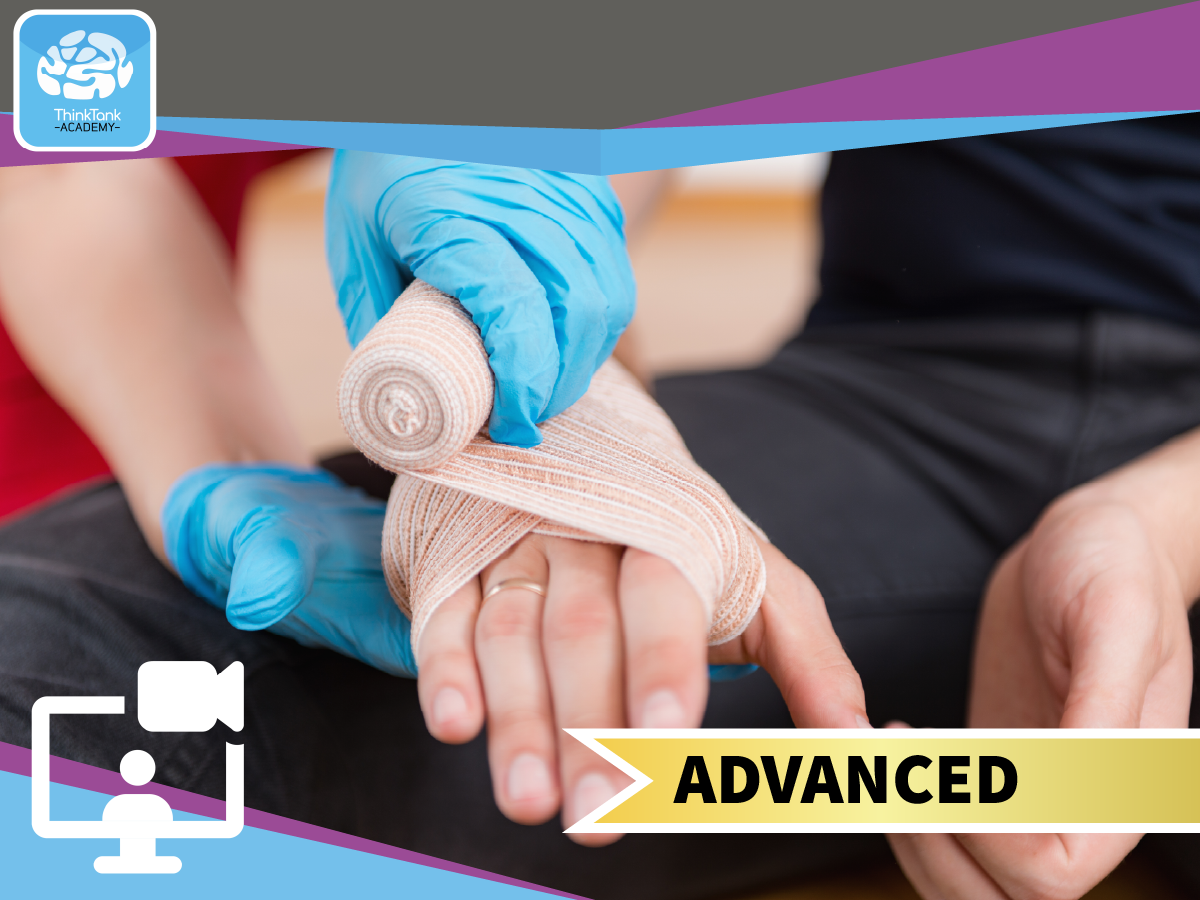
First Aid at Work - Adult and Children's Care - Advanced Level
Course Description First Aid at Work - Adult and Children's Care - Advanced Level - 2 Day Course training course is designed specifically to train people face to face, who are required to be First Aiders at Work. It includes all aspects of First Aid including CPR and the use of defibrillators. It gives an in-depth insight into various illnesses, diseases, conditions, and injuries that are commonly seen in the workplace. There is an element of both practical competency and First Aid knowledge included which gives the learners the best chance possible of helping a person who is injured, the prevention of further injuries and even saving lives. The use of equipment is involved in the course along with demonstrations of treating and bandaging injuries and wounds, stemming bleeds and how to deal with a person who is choking. This course can be delivered in face-to-face classroom environment or a virtual classroom via a webinar: on PC, laptop etc. For mobile phones it is recommended to use the app for IOS or Android devices. Aims and Objectives To provide candidates with the knowledge and expertise to qualify as a first aider within the workplace Describe your actions in an emergency Demonstrate the management of the unresponsive casualty Demonstrate adult resuscitation including use of the AED Describe how to recognise and treat bleeding and shock Explain the management of adult choking Explain the treatment of minor and major injuries Course Audience This course is designed for anyone who is required to be a First Aider in the Workplace.
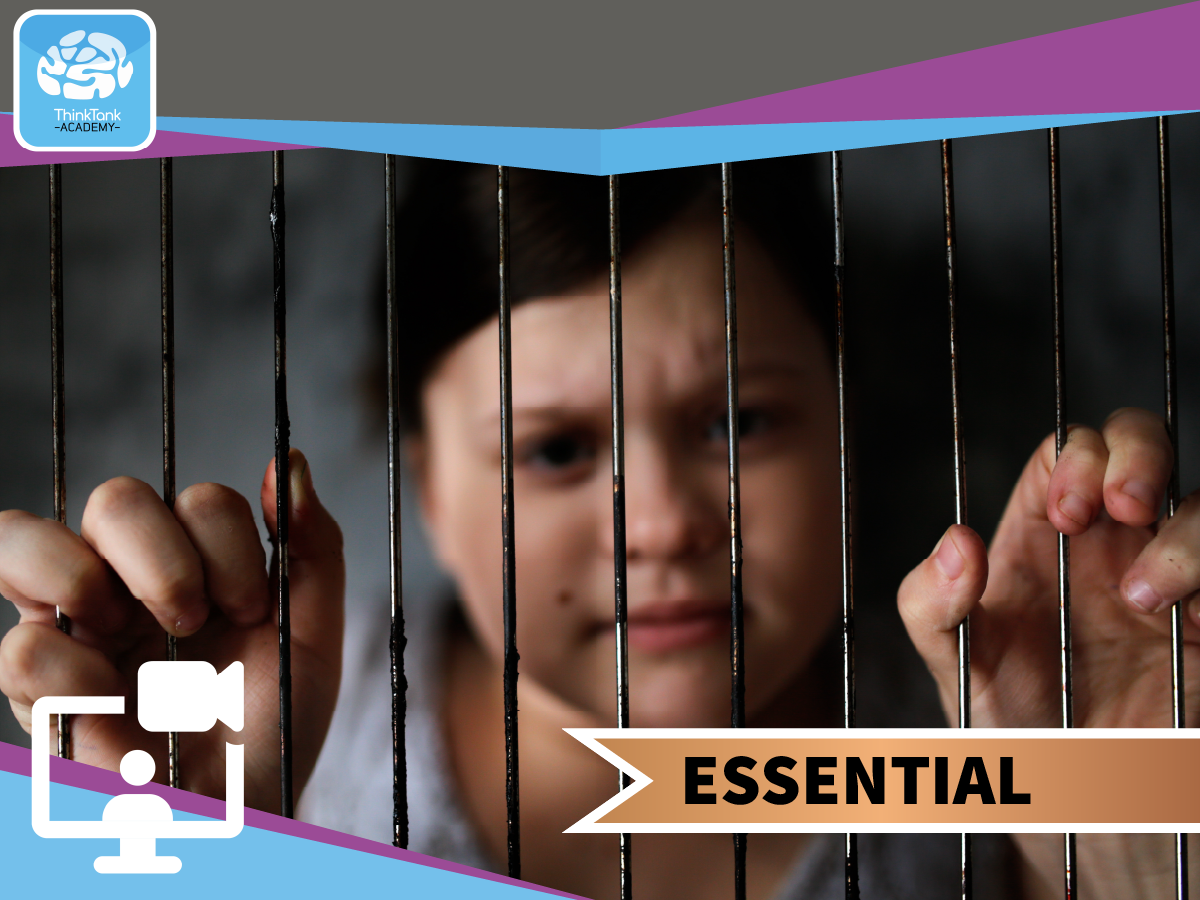
Trauma - Children's Care - Essential Level
Course Overview Trauma - Children's Care - Essential Level training course is designed to aid understanding of Trauma and how it can affect the lives of people long after the event that caused it. An understanding of what causes it will be provided along with techniques and strategies to reduce the negative impact it leaves on people. The activities encourage reflection that can be implemented into practice. Then, the quiz is completed at the end of the course to consolidate learning. A session re-cap is held where the learner can ask any further questions and key factors are stated by the Tutor. Learners are given the opportunity to reflect on what they have gained from the programme. The course features a range of group work, activities and discussions to enhance learner skill development. This training session can be accessed via a link and is accessible from a range of devices including IOS and Android platforms. Aims & Objectives Define Trauma and how the body responds to it Give examples of traumatic experiences and reactions to Trauma Discuss the effects of Trauma on Children and Young People Highlight trauma triggers and responses Give an overview of trauma informed care Discuss that challenges that staff can face and give advice on how to help Children and Young People and the importance of self-care Course Audience Health Care Workers, Social Care Workers, Nursing staff, Day Care/Centre workers, Home Care Staff, Agency staff.
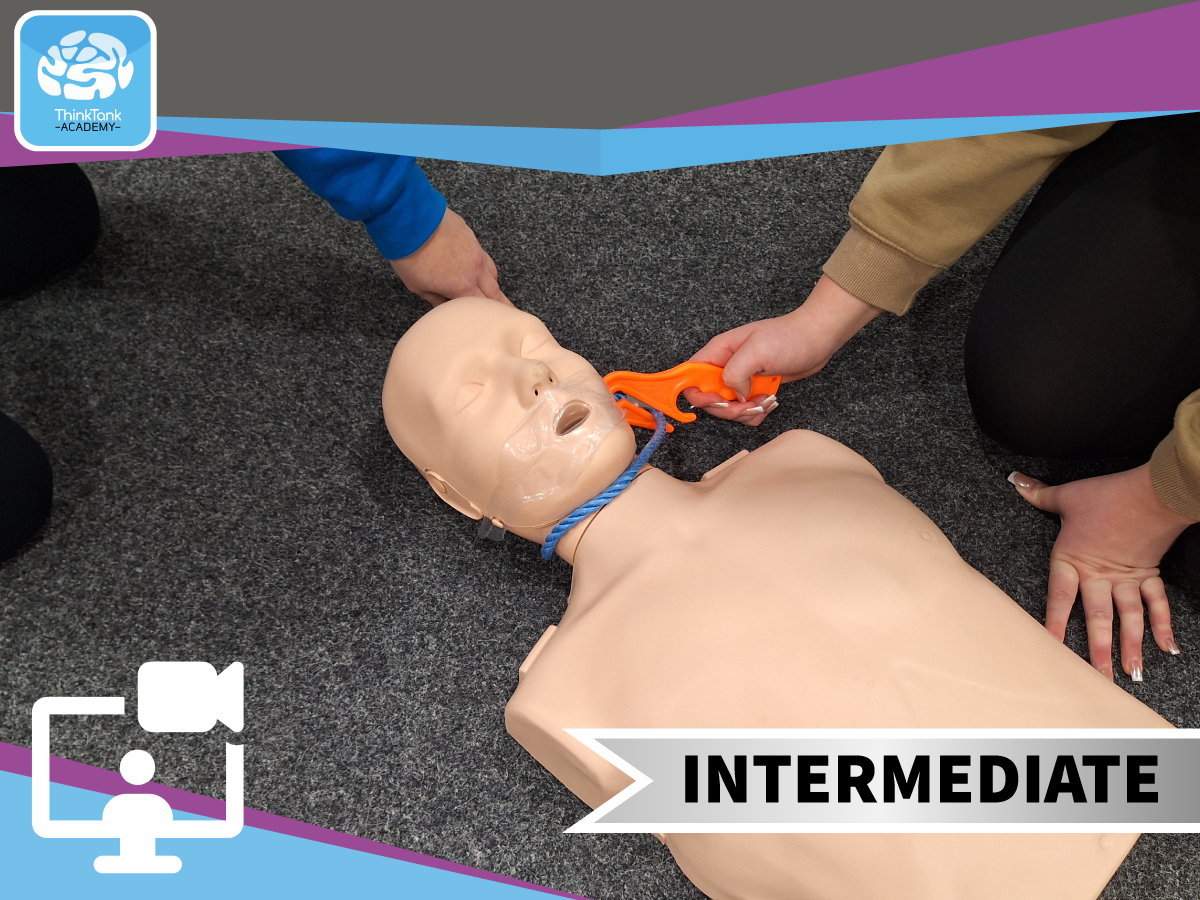

Self-Harm with Ligatures - Children's Care - Intermediate Level
Self-Harm with Ligatures - Children's Care - Intermediate Level Course Overview This course is for individuals who need a higher level of knowledge around the practice of self-harm. It aims to arm practitioners with the skills needed to recognise and understand both the reasons why people self-harm and the indictors that help us to recognise when people are self-harming also to help people replace the methods used with much safer ones (harm reduction). Also included is the less common practice of self-harming by way of ligatures. It is a very uncomfortable thing to support someone with and this part of the course informs staff of everything they will need to understand it, recognise it and act appropriately to people that use this practice. This course can be delivered in face-to-face classroom environment or a virtual classroom via a webinar: on PC, laptop etc. For mobile phones it is recommended to use the app for IOS or Android devices. Aims and Objectives Discuss the practice of self-harm including the use of ligatures Provide support for staff around the issue of self-harm and suicidality Help learners to understand the practice and the need for safer practice and harm reduction Provide facts and statistics around the topic Course Audience This course is designed for practitioners working with children and young people in the Health and Social Care Sector



Administration of Medication for Vulnerable Adults - Adult Care - Essential Level
Course Overview This Administration of Medication training has been written for adults that work in the care industry with vulnerable adults. The course raises awareness and gives an insight into the legislation that relates to Medication Administration and the safe handling of medications. The 6 rights of Medication Administration are discussed in depth to embed good practice within the workplace. Record keeping and the importance of this is highlighted, along with templates of two different types of MAR charts in, the details that are on a MAR chart and why they are there. The importance of checking labels and medication leaflets and why an individual should have knowledge of what the medication is/does before they are administering it. Information around the Storing and disposing of medication to ensure health and safety guidelines can be adhered to is included in the course. Allergies and adverse reactions are incorporated along with the responsibility of support staff should there be concerns about a potential reaction, along with the importance of supporting individuals with self-administration. This course can be completed via the website, on PC, laptop etc. For mobile phones it is recommended to use the app for IOS or Android devices. Aims & Objectives Safe handling of medication 6 R’s Different types of medication Routes into the body Record keeping Storing and disposing of medication How to handle errors Allergies/Adverse reactions Self-administration Course Audience Adult Practitioners in the Adult Social Care sector


Attachment - Children's Care - Essential Level
Course Overview Attachment - Children's Care - Essential Level training course aims to provide learners with an understanding and awareness of Attachment and encourages each learner to reflect on their own personal attachments and their practice in relation to working with individuals with Attachment Disorders. The course explores the background of Attachment and how early Theorists developed the concepts that underpin Attachment Theory that we still use today. The course features a range of group work, activities and discussions to enhance learner skill development. This course can be delivered in face-to-face classroom environment or a virtual classroom via a webinar: on PC, laptop etc. For mobile phones it is recommended to use the app for IOS or Android devices. Aims & Objectives Define Attachment Disorder Be aware of the underpinning theory of Attachment Identify barriers for Children with insecure attachments Recognise and manage behaviours linked to negative attachments Suggest Strategies to support children with poor Attachments Course Audience Health Care Workers, Social Care Workers, Children’s Centre Practitioners, Education Support Staff and Youth Workers
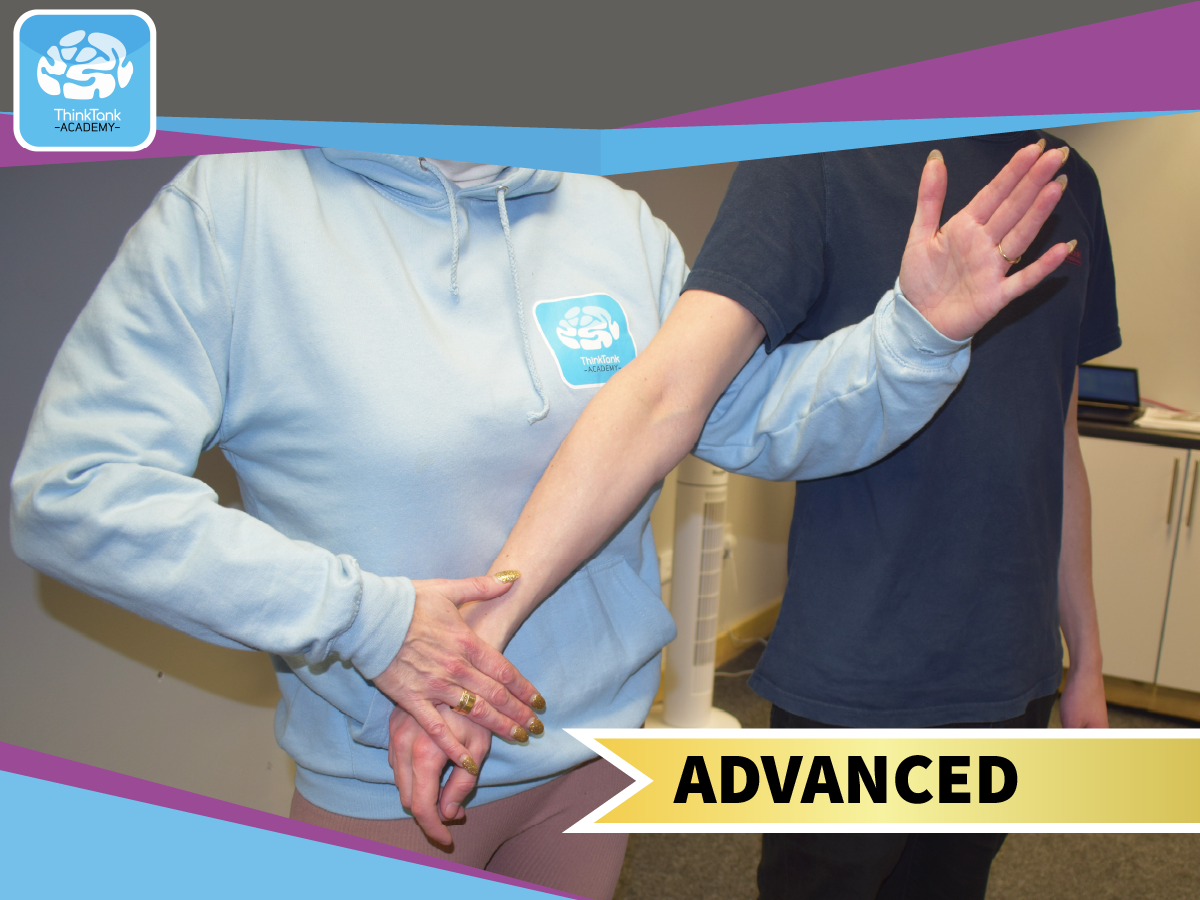

T.A.N.K. Positive Behaviour Support and Physical Intervention - Children's Care - Advanced Level
T.A.N.K. Positive Behaviour Support and Physical Intervention - Children's Care - Advanced Level THINK – ASSESS – NURTURE – KEEP CONTROL Course Overview T.A.N.K. is two-day, classroom-based training programme, designed specifically to help people working with children and vulnerable adults, who can often display challenging behaviour whilst in crisis. T.A.N.K. focuses on developing an understanding of how this behaviour can present itself in the care environment. It provides both theoretical and practical skills to help delegates respond positively employing strategies and interventions that can safely de-escalate situation, minimising the risk to themselves and young person. Delegates are supported to analyse different behaviours, dynamically risk manage situations, considering strategies and interventions to safely manage behaviour. Delegates will analyse and reflect on relationship between trauma attachment, mood, and behaviour leading to long-term improvement. The course features group work, practical activities, and discussion to enhance skills development. Our highly experienced Trainers are passionately dedicated to reducing the use of physical restraints, and although the use of restraints and physical intervention are included, this is as a last resort, only using these when all other strategies have proved unsuccessful. Aims and Objectives Interventions which impact positively on the delegate and the people they support Demonstrate how to positively reinforce good behaviour Reflect on positive and negative consequences of behaviour Provide a toolkit that delegates can use to provide safe and meaningful intervention Introduce the concept of social reinforcement and how this can work in care and support environments Course Audience Residential Care Workers, Health Care Workers, Social Care Workers, Children’s Centre Practitioners, Youth Workers, Teachers and Early Years Practitioners




Diabetes Awareness - Adult and Children's Care - Essential Level
Course Overview Diabetes Awareness - Adult and Children's Care - Essential Level training course is training session for people working with Children or Vulnerable adults or anyone that suffers from or supports someone with Diabetes. Learners will be supported to understand the legislation and guidance with respect to the condition and will provide guidance on how to support someone in the management of their Diabetes. The course features a range of group work, activities including role play and discussions to enhance learner skill development. This course offers a blended learning approach including a short scenario, a workbook and infographics. This course can be delivered in face-to-face classroom environment or a virtual classroom via a webinar: on PC, laptop etc. For mobile phones it is recommended to use the app for IOS or Android devices. Aims & Objectives Explain the different types of Diabetes Outline diabetes including the pancreas, glucose and insulin Provide awareness of the ways to store medication including pens, storage and sites Provide awareness of different considerations of Infection Control Discuss importance of monitoring blood glucose levels Course Audience Health Care Workers, Social Care Workers, Support Centre Practitioners, Youth Workers, Support Worker, Nursing Staff, Children’s Residential Care Workers, Education workers
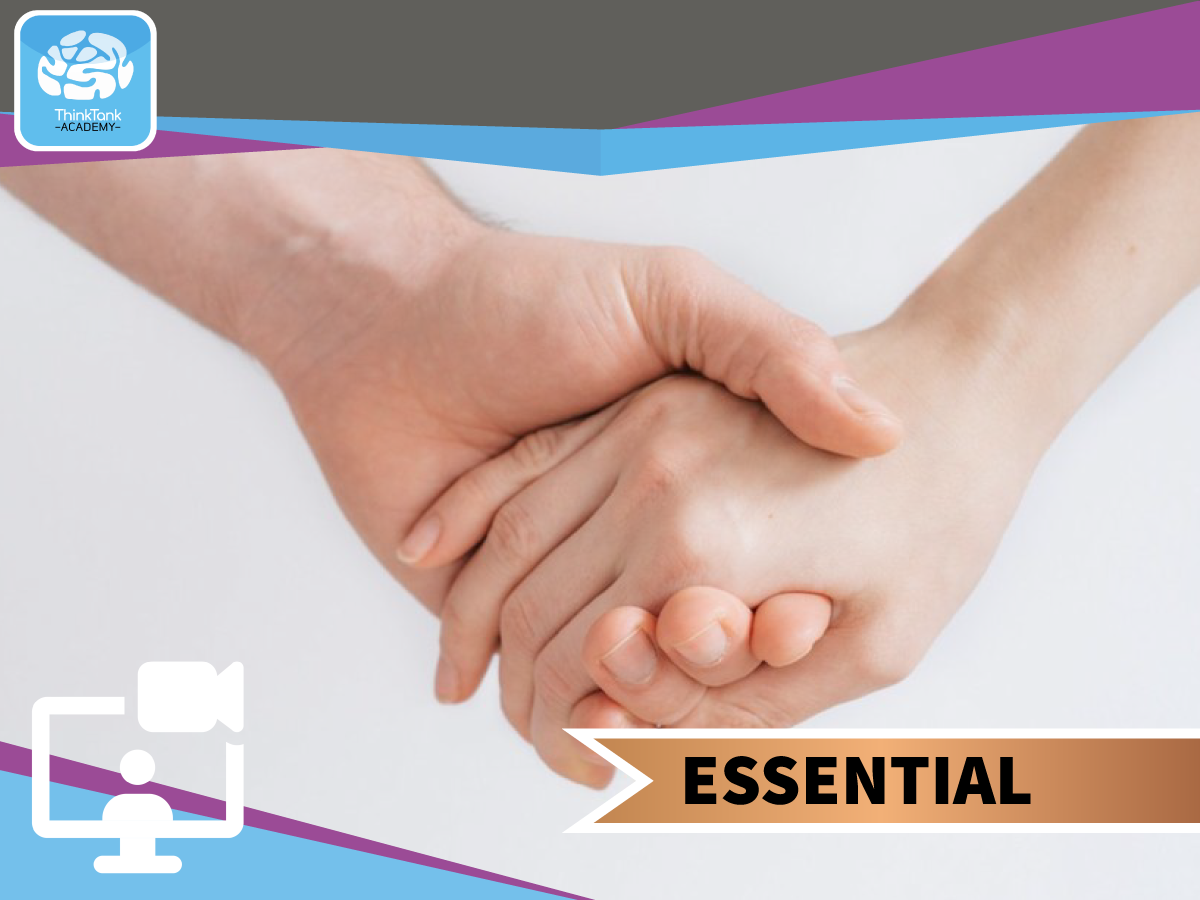

Learning Disability Awareness - Adult Care - Essential Level Level
Overview: To help healthcare support workers and adult social care workers gain an understanding of learning disabilities. Learning Outcomes: Explain what is meant by the term learning disability Identify different levels of learning disabilities Explain different communication strategies used by people with learning disabilities Identify how work practices need to be adjusted in order to meet the needs of people with learning disabilities


Mental Capacity Act and DoLS - Adult and Children's Care - Essential Level
Course Overview This course is designed to provide leaners with a deep insight into Deprivation of Liberty Safeguards. It provides information around what the legislation is, who is involved and how it is implemented into the care provision. It explains the reasons why we remove liberty from some individuals and also explains the decisions that cannot be made on a DoLS order. It provides a brief synopsis of the Mental Capacity Act and how this is linked to DoLS and how it shapes the decisions that are made for the individual by a DoLS order and includes the 5 Statutory principles that underpin the legislation. Advice is also given on how to establish a person’s best interest and when not to take liberty away. Aims and Objectives Provide an overview of relevant legislation Explain the Mental Capacity Act Outline the 5 Statutory principles Provide guidance on decision making Give an understanding of DoLS Provide guidance on Best Interest Decisions State who else can be involved Highlight the importance of good record keeping Course Audience Anyone working in the Health and Social Care sector
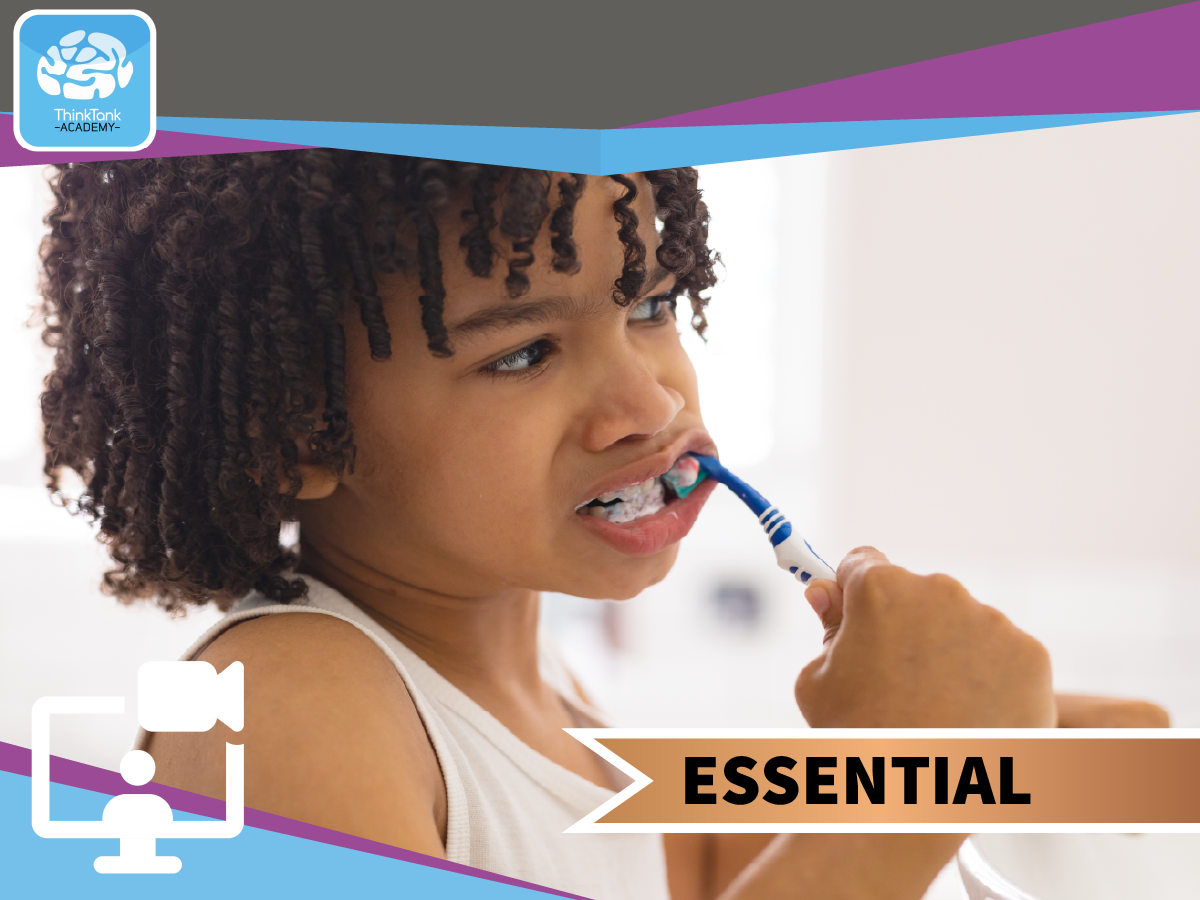


Oral Health - Adult and Children's Care - Essential Level
Forthcoming
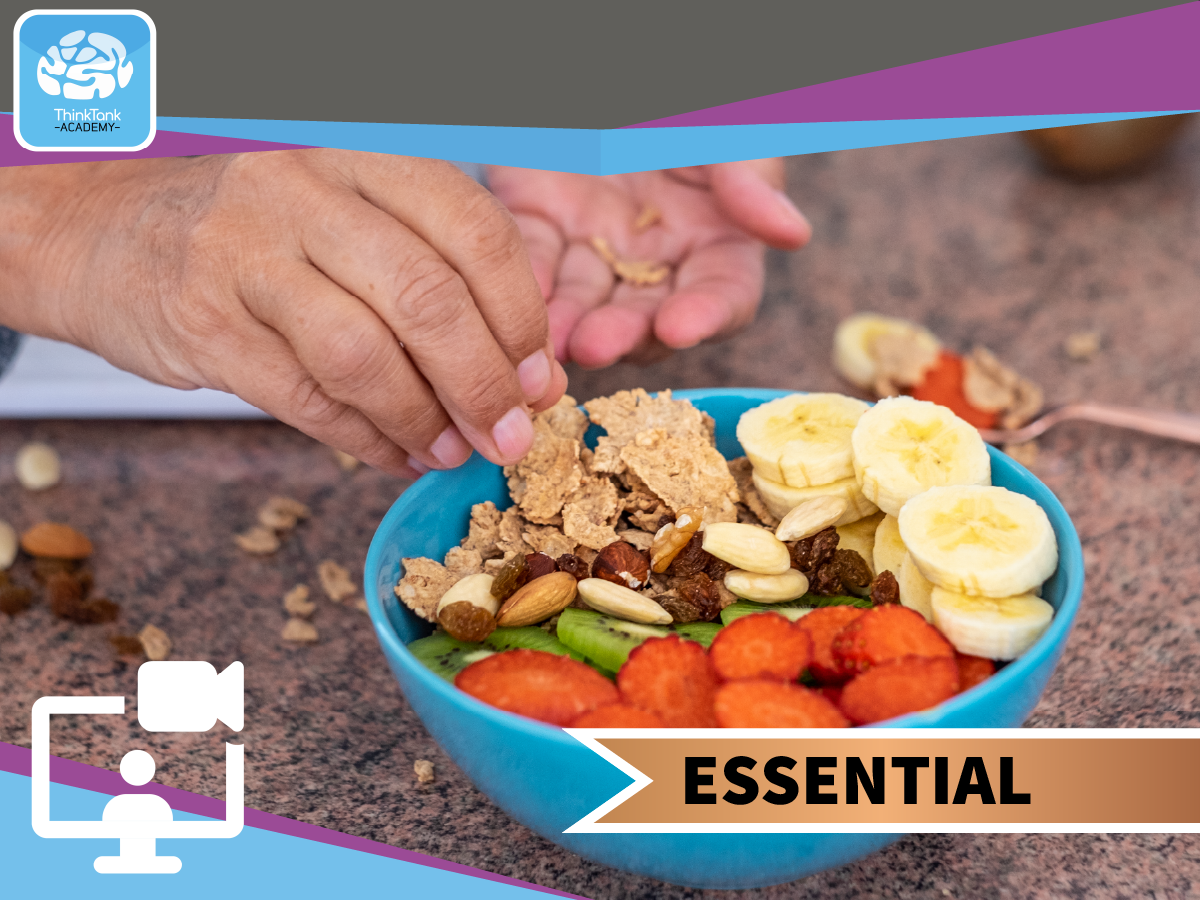



Food Safety, Nutrition and Hydration - Adult Care - Essential Level
Course Overview Food Safety, Nutrition and Hydration - Adult Care - Essential Level training course is a half day classroom-based training session for staff working in health and social care in order for them to understand the importance of food safety, including hygiene, in the preparation and handling of food and the importance of nutrition and hydration in maintaining health and wellbeing. The course features a range of group work, activities and discussions to enhance learner skill development. This training session can be accessed via a link and is accessible from a range of devices including IOS and Android platforms. This course offers a blended learning approach including a short scenario, a workbook, infographics and a classroom style training session. Aims & Objectives Why it is important to work within food safety, hygiene and health and safety protocols Demonstrate knowledge in temperature and storage Identify effects of poor nutrition and hydration Understand how to resolve difficulties with intake Demonstrate what constitutes a balanced diet How to effectively take a person-centred approach to nutrition and hydration Course Audience Psychologists, Teachers, Speech Therapists, Learning Support Assistants, Residential Social Workers, Health Care Workers, Social Care Workers, Support Centre Practitioners, Youth Workers, Support Worker, Nursing Staff, Children’s Residential Care Workers, Education workers.
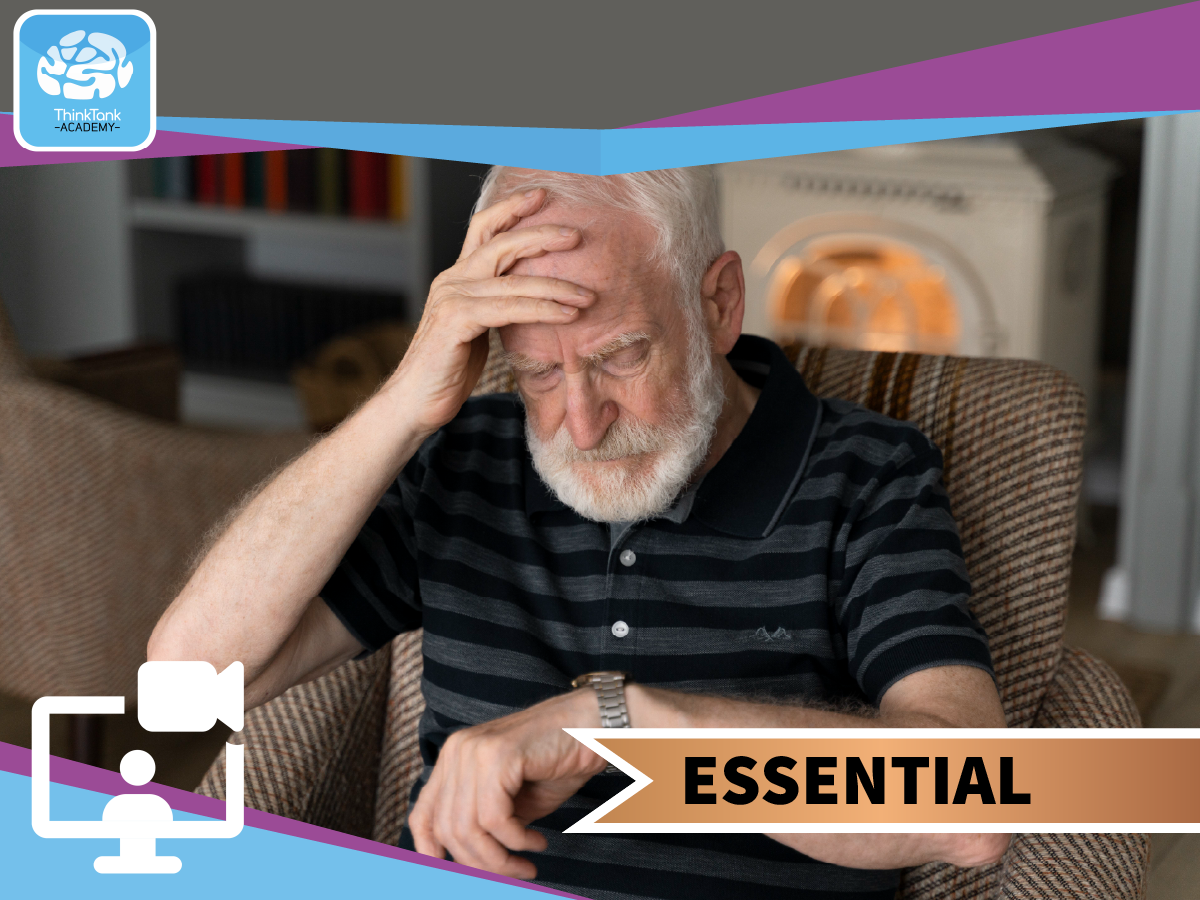

Dementia Awareness - Adult Care - Essential Level
Course Overview This is a training session for people working or living with people affected by Dementia. This course is designed to understand the signs and symptoms of Dementia and some theories on the causes of Dementia. Learners will then explore the models of care used when supporting people with Dementia and will consider different response styles and approaches to enhance the life experience of the person suffering from Dementia. There are real-life case studies and scenarios that will support learners to develop Communication toolkits that can be used with people to ensure that the care planning approach is considerate of their needs and that they understand and contribute to their care and support plans in accordance with their ability. The course features a range of group work, activities and discussions to enhance learner skill development. This course offers a blended learning approach including a short scenario, a workbook and infographics. This course can be delivered in face-to-face classroom environment or a virtual classroom via a webinar: on PC, laptop etc. For mobile phones it is recommended to use the app for IOS or Android devices. Aims & Objectives To educate learners on the types, causes, symptoms and signs of Dementia To consider brain function and the impact that Dementia has on the brain and brain development To outline conditions that can be mistaken for Dementia Discuss models and theories of Dementia and how best to support people Define best practice when living with Dementia Develop best practice in how to communicate and care plan with people who suffer with Dementia Course Audience Health Care Workers, Social Care Workers, Day Centre Practitioners




Diabetes Awareness - Adult and Children's Care - Essential Level
Course Overview Diabetes Awareness - Adult and Children's Care - Essential Level training course is training session for people working with Children or Vulnerable adults or anyone that suffers from or supports someone with Diabetes. Learners will be supported to understand the legislation and guidance with respect to the condition and will provide guidance on how to support someone in the management of their Diabetes. The course features a range of group work, activities including role play and discussions to enhance learner skill development. This course offers a blended learning approach including a short scenario, a workbook and infographics. This course can be delivered in face-to-face classroom environment or a virtual classroom via a webinar: on PC, laptop etc. For mobile phones it is recommended to use the app for IOS or Android devices. Aims & Objectives Explain the different types of Diabetes Outline diabetes including the pancreas, glucose and insulin Provide awareness of the ways to store medication including pens, storage and sites Provide awareness of different considerations of Infection Control Discuss importance of monitoring blood glucose levels Course Audience Health Care Workers, Social Care Workers, Support Centre Practitioners, Youth Workers, Support Worker, Nursing Staff, Children’s Residential Care Workers, Education workers


T.A.N.K. Positive Behaviour Support and Physical Intervention - Children's Care (Refresher) - Advanced Level
forthcoming
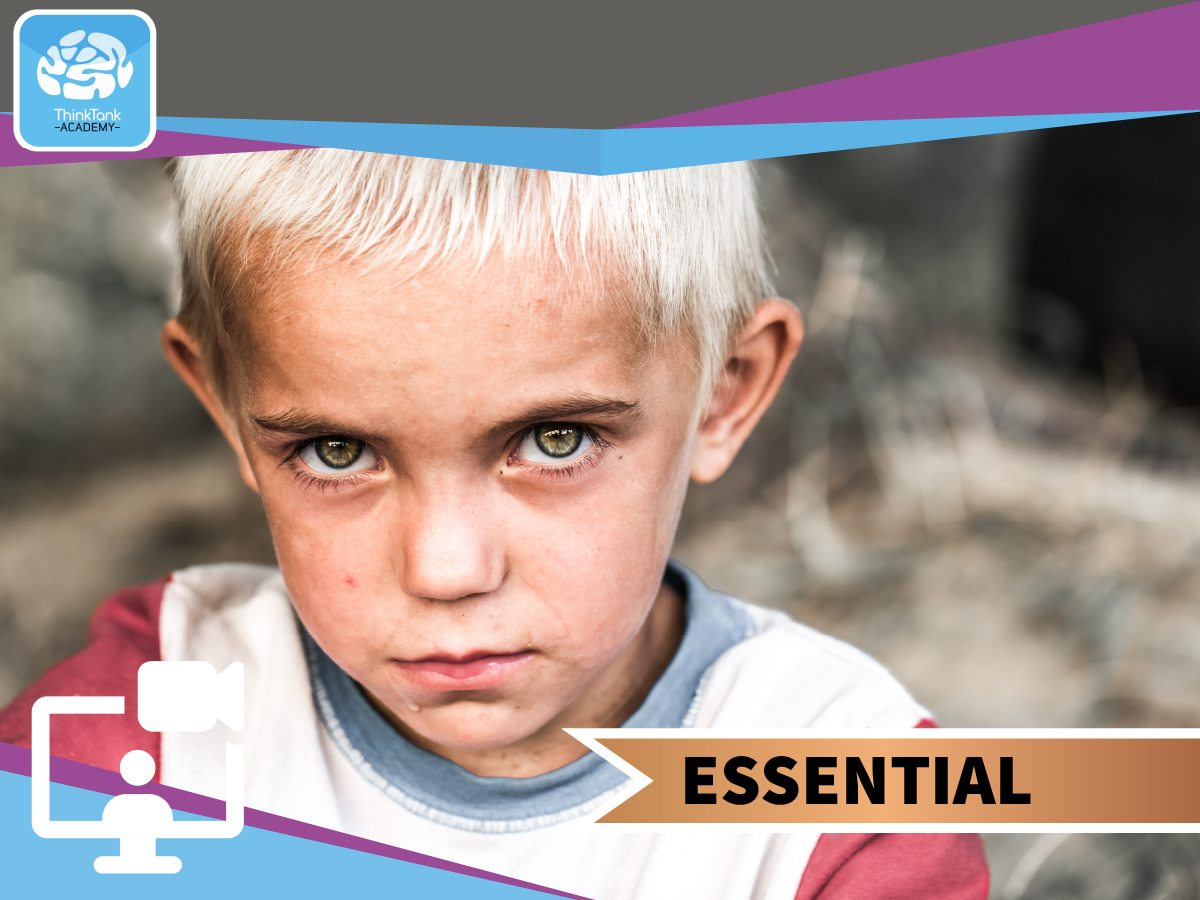

Exploitation Awareness - Children's Care - Essential Level
Course Overview Exploitation Awareness - Children's Care - Essential Level training course is designed to highlight the fact that Child Exploitation refers to a child or young person being used for someone else’s gain and that Child exploitation is a form of abuse which can involve sexual, abusive or manipulative behaviour. This course supports practitioners to recognise the indicators and respond appropriately to individuals that are being Exploited. It includes the ‘grooming process’ and how perpetrators manipulate young people into inappropriate relationships and risky behaviours It incorporates the relevant legislation around Exploitation and provides advice on how to support children and young people who have suffered this type of abuse and some excellent resources around Exploitation and who we can signpost to. This course can be delivered in face-to-face classroom environment or a virtual classroom via a webinar: on PC, laptop etc. For mobile phones it is recommended to use the app for IOS or Android devices. Aims and Objectives Give an understanding of the scale of the issue CSE and CCE Include a background of exploitation Recognise the stages of grooming Identify the signs of CSE and CCE Recognise the lessons learned from the Rotherham Raise awareness of County lines Push/ Pull Factors Protocols Resources & Links Course Audience All practitioners that engage with Children and Young People in the workplace (sports, education, health and social care, criminal justice, hospitality, retail, Guides/ Scouts, Volunteers etc).
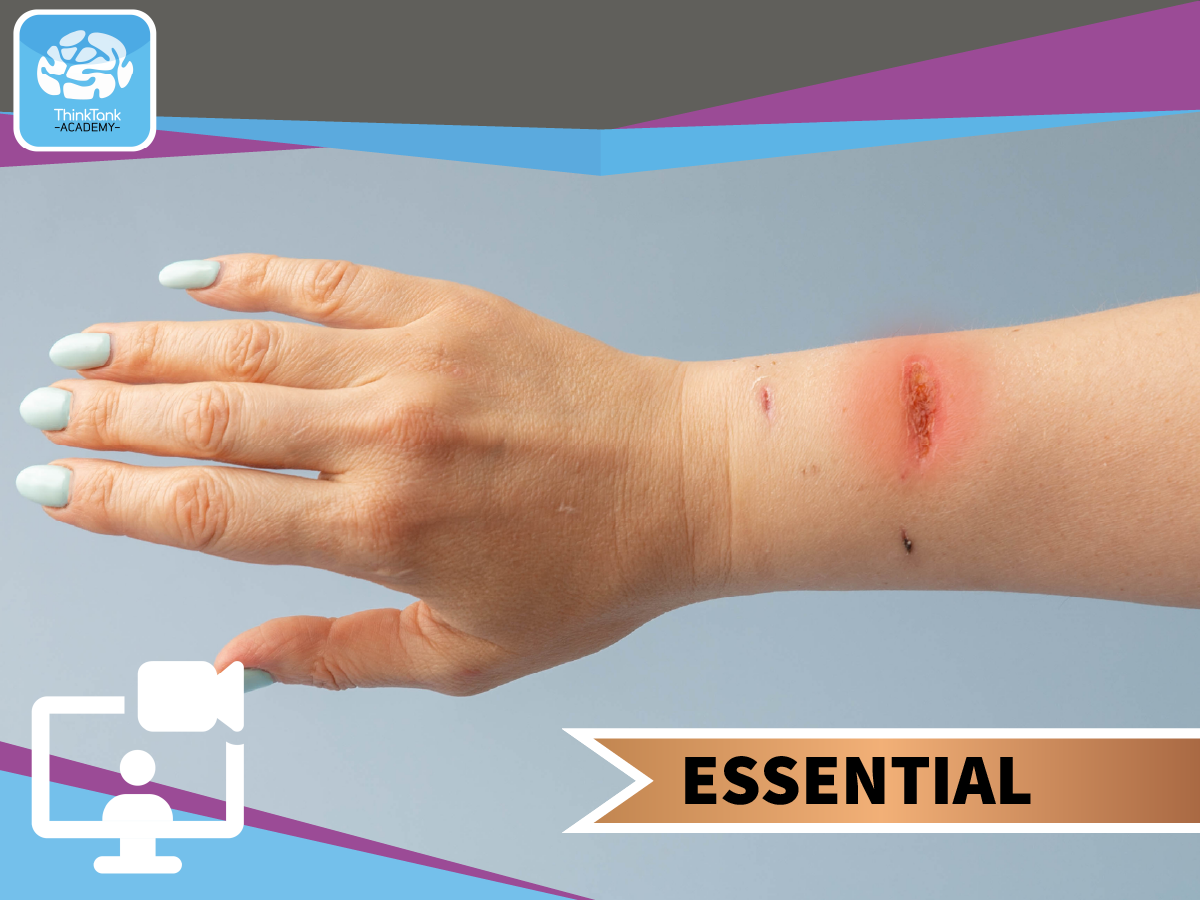

Self-Harm Awareness - Children's Care - Essential Level
Course Overview Self-Harm Awareness - Children's Care - Essential Level training course outlines the basic understanding of self-harm and suicide. It explores ways to prevent and reduce harm caused by children and young people within the work environment. Included are different strategies and techniques to be referred and incorporated into practice. Learners will be able to identify common signs and symptoms of an individual who self-harms as well as be able to relate to the likelihood of individuals to attempt suicide. It has been designed to develop tools and techniques to be used to respond to self-harm and suicide ideation. This course can be delivered in face-to-face classroom environment or a virtual classroom via a webinar: on PC, laptop etc. For mobile phones it is recommended to use the app for IOS or Android devices. Aims & Objectives Give an understanding of self-harm and suicide Understand the associated risk factors Explore harm minimisation and prevention Increase our confidence Provide tools and techniques to respond to suicide ideation and self-harm Resources & Links Course Audience This course is designed for people who work in the social care sector with children and young people who may be at risk of self-harm or suicide.
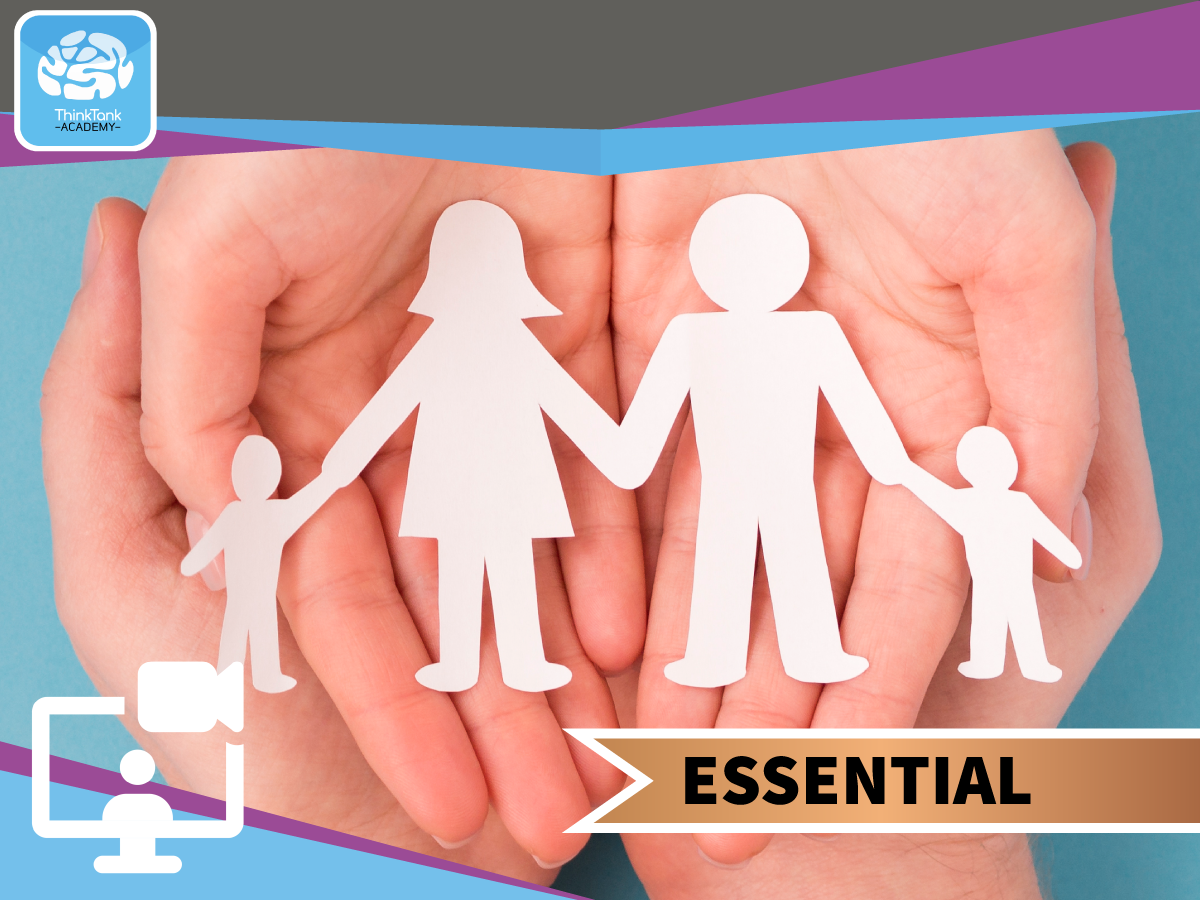

Safeguarding Children - Children's Care - Essential Level
Course Overview This course provides progression from the Safeguarding Children Foundation Level Online course. This is a training session for people working with children and young people. Learners will be encouraged to think about their responsibilities in safeguarding, the process to follow when allegations and disclosures are made and how to respond to poor practice. The course features a range of group work, activities and discussions to enhance learner skill development. This training session can be accessed via a link and is accessible from a range of devices including IOS and Android platforms. This course offers a blended learning approach including a short scenario, a workbook, infographics and a classroom style training session. Aims & Objectives Understanding what Safeguarding means in relation to Children Identify why children are vulnerable and what the signs and indicators are Understand how to respond and record and what needs to be reported Identify what poor practice and what unsafe practice looks like Understand how to whistle blow and what this means Introduce the Complaints Procedure and policies in relation to this Course Audience Health Care Workers, Social Care Workers, Support Centre Practitioners, Youth Workers, Children’s Support Worker, Nursing Staff, Residential Care Staff, Teachers, Psychologists and Assistants, Nursery Workers


Recording and Reporting - Children's Care - Essential Level
Course Overview This course is designed to improve recording and reporting practices in children's health and social care sector. All major high profile serious case reviews have found that recording mistakes were present. The course identifies correct practice and processes for the handling, storing and processing of data including the GDPR legislation and what must be recorded and how by distinguishing the differences between fact, opinion and judgement for professional documentation. It also provides guidance for effective and sufficient reporting of incidents within a care setting. The positive aspects of recording such as Life story Work which is imperative for identity purposes of the Children and Young People that we work with are included. This course can be delivered in face-to-face classroom environment or a virtual classroom via a webinar: on PC, laptop etc. For mobile phones it is recommended to use the app for IOS or Android devices. Aims & Objectives Describe why reports have to be written Explain the meaning of ‘ethical writing’ Identify what to include in reports Recognise the difference between fact, opinion, judgement and hearsay Display documentation Course Audience This course is designed for Practitioners working with Families or Children and Young People.



Trauma - Children's Care - Essential Level
Course Overview Trauma - Children's Care - Essential Level training course is designed to aid understanding of Trauma and how it can affect the lives of people long after the event that caused it. An understanding of what causes it will be provided along with techniques and strategies to reduce the negative impact it leaves on people. The activities encourage reflection that can be implemented into practice. Then, the quiz is completed at the end of the course to consolidate learning. A session re-cap is held where the learner can ask any further questions and key factors are stated by the Tutor. Learners are given the opportunity to reflect on what they have gained from the programme. The course features a range of group work, activities and discussions to enhance learner skill development. This training session can be accessed via a link and is accessible from a range of devices including IOS and Android platforms. Aims & Objectives Define Trauma and how the body responds to it Give examples of traumatic experiences and reactions to Trauma Discuss the effects of Trauma on Children and Young People Highlight trauma triggers and responses Give an overview of trauma informed care Discuss that challenges that staff can face and give advice on how to help Children and Young People and the importance of self-care Course Audience Health Care Workers, Social Care Workers, Nursing staff, Day Care/Centre workers, Home Care Staff, Agency staff.




Diabetes Awareness - Adult and Children's Care - Essential Level
Course Overview Diabetes Awareness - Adult and Children's Care - Essential Level training course is training session for people working with Children or Vulnerable adults or anyone that suffers from or supports someone with Diabetes. Learners will be supported to understand the legislation and guidance with respect to the condition and will provide guidance on how to support someone in the management of their Diabetes. The course features a range of group work, activities including role play and discussions to enhance learner skill development. This course offers a blended learning approach including a short scenario, a workbook and infographics. This course can be delivered in face-to-face classroom environment or a virtual classroom via a webinar: on PC, laptop etc. For mobile phones it is recommended to use the app for IOS or Android devices. Aims & Objectives Explain the different types of Diabetes Outline diabetes including the pancreas, glucose and insulin Provide awareness of the ways to store medication including pens, storage and sites Provide awareness of different considerations of Infection Control Discuss importance of monitoring blood glucose levels Course Audience Health Care Workers, Social Care Workers, Support Centre Practitioners, Youth Workers, Support Worker, Nursing Staff, Children’s Residential Care Workers, Education workers



Administration of Medication for Vulnerable Adults - Adult Care - Essential Level
Course Overview This Administration of Medication training has been written for adults that work in the care industry with vulnerable adults. The course raises awareness and gives an insight into the legislation that relates to Medication Administration and the safe handling of medications. The 6 rights of Medication Administration are discussed in depth to embed good practice within the workplace. Record keeping and the importance of this is highlighted, along with templates of two different types of MAR charts in, the details that are on a MAR chart and why they are there. The importance of checking labels and medication leaflets and why an individual should have knowledge of what the medication is/does before they are administering it. Information around the Storing and disposing of medication to ensure health and safety guidelines can be adhered to is included in the course. Allergies and adverse reactions are incorporated along with the responsibility of support staff should there be concerns about a potential reaction, along with the importance of supporting individuals with self-administration. This course can be completed via the website, on PC, laptop etc. For mobile phones it is recommended to use the app for IOS or Android devices. Aims & Objectives Safe handling of medication 6 R’s Different types of medication Routes into the body Record keeping Storing and disposing of medication How to handle errors Allergies/Adverse reactions Self-administration Course Audience Adult Practitioners in the Adult Social Care sector




Food Safety, Nutrition and Hydration - Adult Care - Essential Level
Course Overview Food Safety, Nutrition and Hydration - Adult Care - Essential Level training course is a half day classroom-based training session for staff working in health and social care in order for them to understand the importance of food safety, including hygiene, in the preparation and handling of food and the importance of nutrition and hydration in maintaining health and wellbeing. The course features a range of group work, activities and discussions to enhance learner skill development. This training session can be accessed via a link and is accessible from a range of devices including IOS and Android platforms. This course offers a blended learning approach including a short scenario, a workbook, infographics and a classroom style training session. Aims & Objectives Why it is important to work within food safety, hygiene and health and safety protocols Demonstrate knowledge in temperature and storage Identify effects of poor nutrition and hydration Understand how to resolve difficulties with intake Demonstrate what constitutes a balanced diet How to effectively take a person-centred approach to nutrition and hydration Course Audience Psychologists, Teachers, Speech Therapists, Learning Support Assistants, Residential Social Workers, Health Care Workers, Social Care Workers, Support Centre Practitioners, Youth Workers, Support Worker, Nursing Staff, Children’s Residential Care Workers, Education workers.




Food Safety, Nutrition and Hydration - Adult Care - Essential Level
Course Overview Food Safety, Nutrition and Hydration - Adult Care - Essential Level training course is a half day classroom-based training session for staff working in health and social care in order for them to understand the importance of food safety, including hygiene, in the preparation and handling of food and the importance of nutrition and hydration in maintaining health and wellbeing. The course features a range of group work, activities and discussions to enhance learner skill development. This training session can be accessed via a link and is accessible from a range of devices including IOS and Android platforms. This course offers a blended learning approach including a short scenario, a workbook, infographics and a classroom style training session. Aims & Objectives Why it is important to work within food safety, hygiene and health and safety protocols Demonstrate knowledge in temperature and storage Identify effects of poor nutrition and hydration Understand how to resolve difficulties with intake Demonstrate what constitutes a balanced diet How to effectively take a person-centred approach to nutrition and hydration Course Audience Psychologists, Teachers, Speech Therapists, Learning Support Assistants, Residential Social Workers, Health Care Workers, Social Care Workers, Support Centre Practitioners, Youth Workers, Support Worker, Nursing Staff, Children’s Residential Care Workers, Education workers.



Oral Health - Adult and Children's Care - Essential Level
Forthcoming
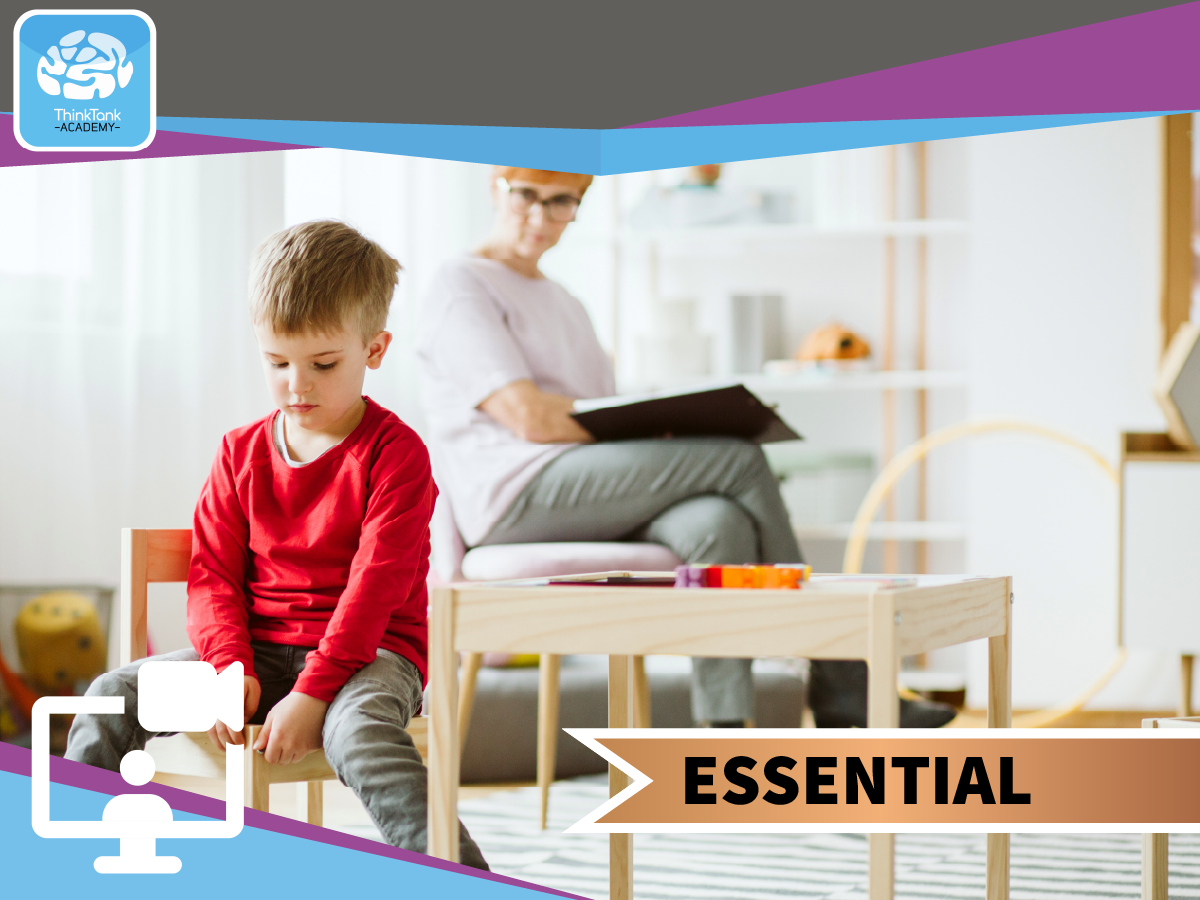

Autism Awareness - Adult and Children's Care - Essential Level
Course Overview Autism Spectrum - Adult and Children's Care - Essential Level training course has been designed for those who are working with Children and Adults with Autistic Spectrum Disorders in the home, classroom or residential environment. It aims to provide the learners with an insight into the lives of people who live with the condition in order for them to then provide appropriate and effective care. It also highlights the importance of adopting a person-centred approach to the teaching and learning of people who have the condition. The course features a range of group work, activities including role play and discussions to enhance learner skill development. This training session can be delivered in both a face-to-face or virtual classroom setting. For mobile phones it is recommended to use the app for IOS or Android devices. Aims & Objective An explanation of Autism Spectrum Disorder (ASD) Outline how ASD affects the way a person communicates and relates to people around them Provide awareness of the behaviour exhibited by some people with Autism Provide strategies to support people with Autism Discuss the importance of person-centred care planning Course Audience Psychologists, Teachers, Speech Therapists, Learning Support Assistants, Residential Social Workers, Health Care Workers, Social Care Workers, Support Centre Practitioners, Youth Workers, Support Worker, Nursing Staff, Children’s Residential Care Workers, Education workers.